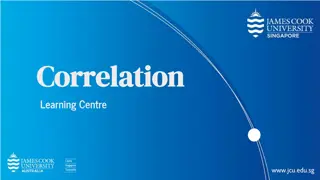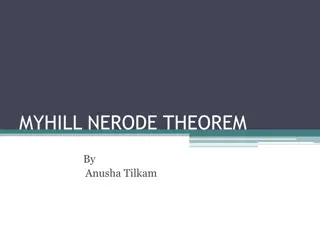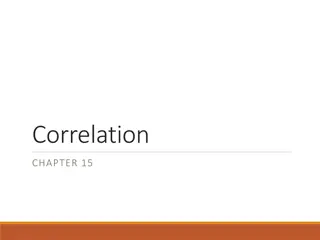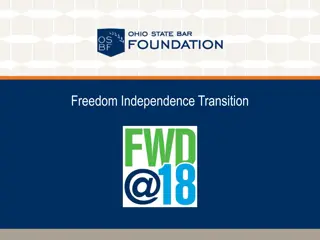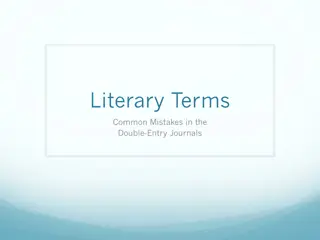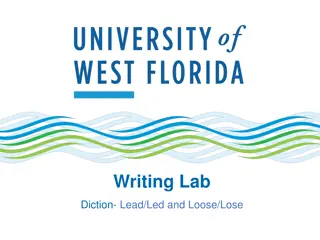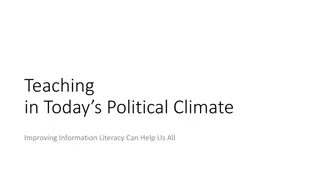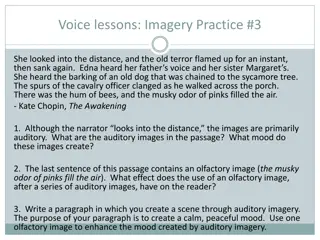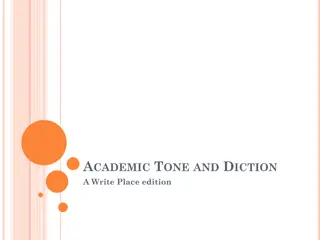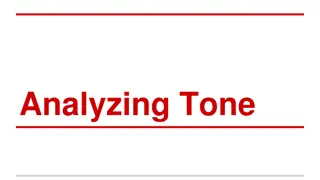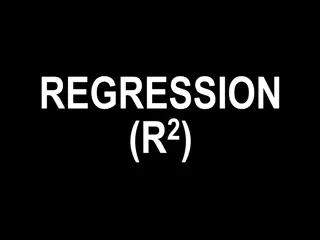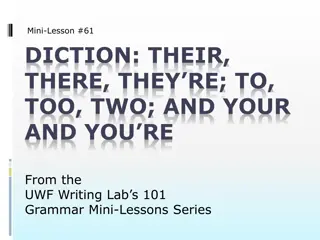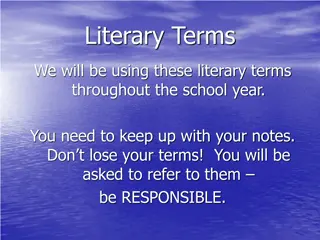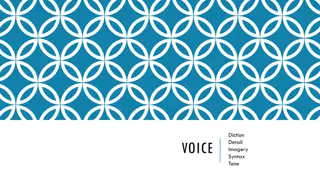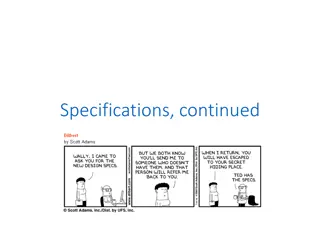Mastering Diction: Imply vs. Infer, Irregardless, and In Regards To
Explore the nuances of diction with a focus on common pitfalls such as using "hopefully" incorrectly, distinguishing between "imply" and "infer," understanding why "irregardless" is not considered good usage, and learning the preferred usage of "in regards to." Enhance your writing skills by avoiding these common errors.
Download Presentation

Please find below an Image/Link to download the presentation.
The content on the website is provided AS IS for your information and personal use only. It may not be sold, licensed, or shared on other websites without obtaining consent from the author. Download presentation by click this link. If you encounter any issues during the download, it is possible that the publisher has removed the file from their server.
E N D
Presentation Transcript
Writing Lab Diction- Hopefully, Imply vs. Infer, Irregardless, and In regards to
Hopefully Hopefully as an adverb means in a hopeful manner. Careful writers and speakers avoid using hopefully as a sentence modifier. Questionable: Hopefully, we will pass the test. (Did we pass the test in a hopeful manner?) Better: We hope we passed the test.
Hopefully cont. Preferred Usage: The children waited hopefully for the arrival of Santa Claus. (The children waited for Santa Claus in a hopeful manner.)
Imply and Infer Imply means to hint, indicate, or suggest. Infer means to derive or conclude from evidence. Only the speaker or writer implies; the listener or reader infers.
Imply and Infer cont. Example: I inferred from his record that he was a poor driver. The manager implied that I would be receiving a raise.
Irregardless Irregardless, though often heard, is not considered good usage.
Irregardless cont. The ending less gives regardless a negative meaning: without regard to. Adding the prefix ir- makes a double negative. We will have the picnic regardless (not irregardless) of the weather.
In regards to In regards to is nonstandard English. Careful writers use in regard to or with regard to. Example In regard to your letter of complaint, I have composed a memo to the staff.
Thats all, folks! This lesson is part of the UWF Writing Lab Grammar Mini-Lesson Series Lessons adapted from Real Good Grammar, Too by Mamie Webb Hixon To find out more, visit the Writing Lab s website where you can take a self-scoring quiz corresponding to this lesson





